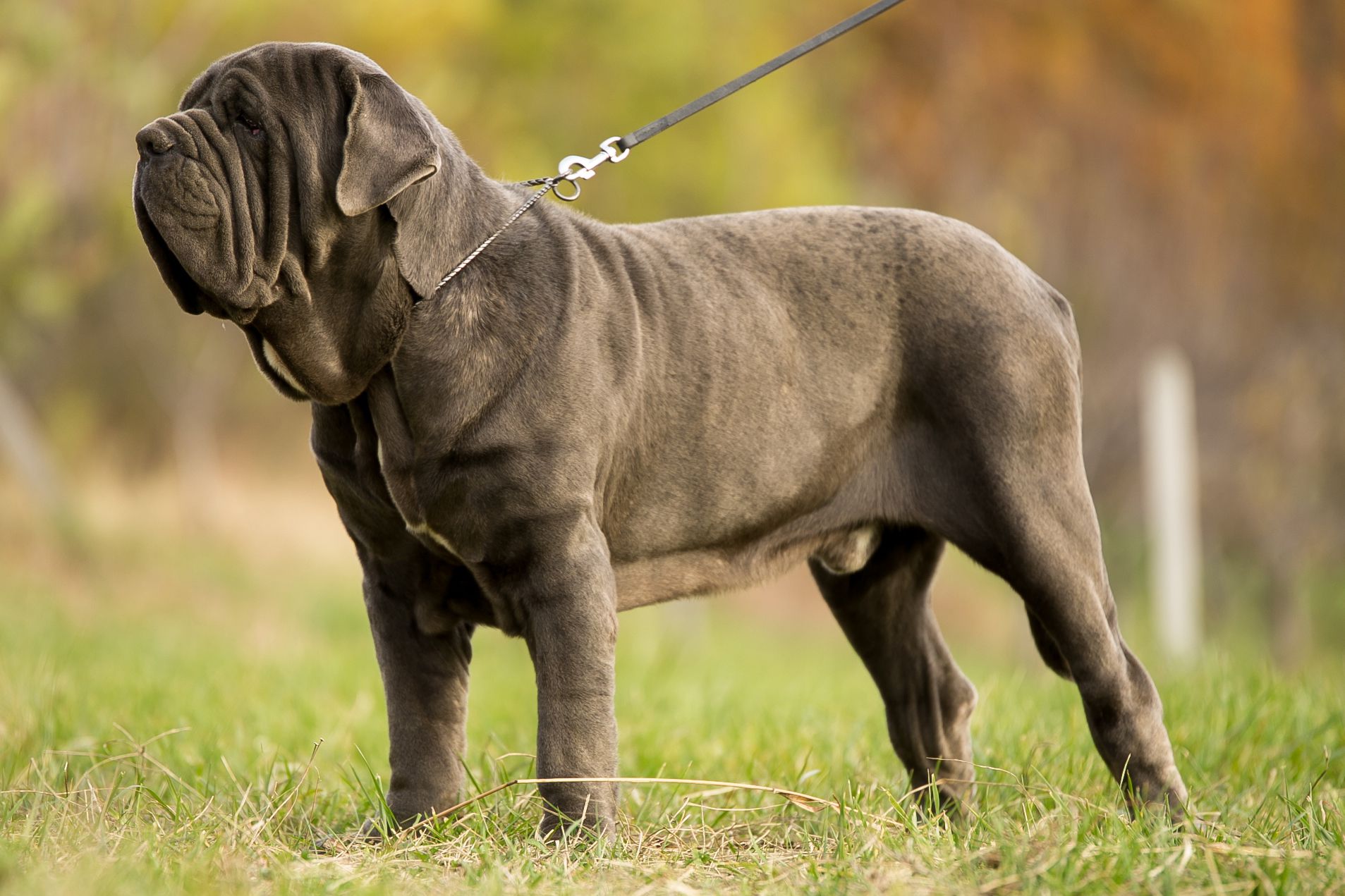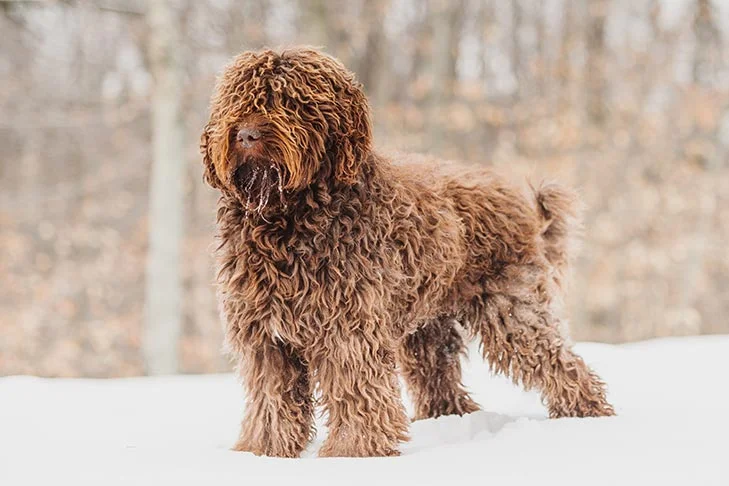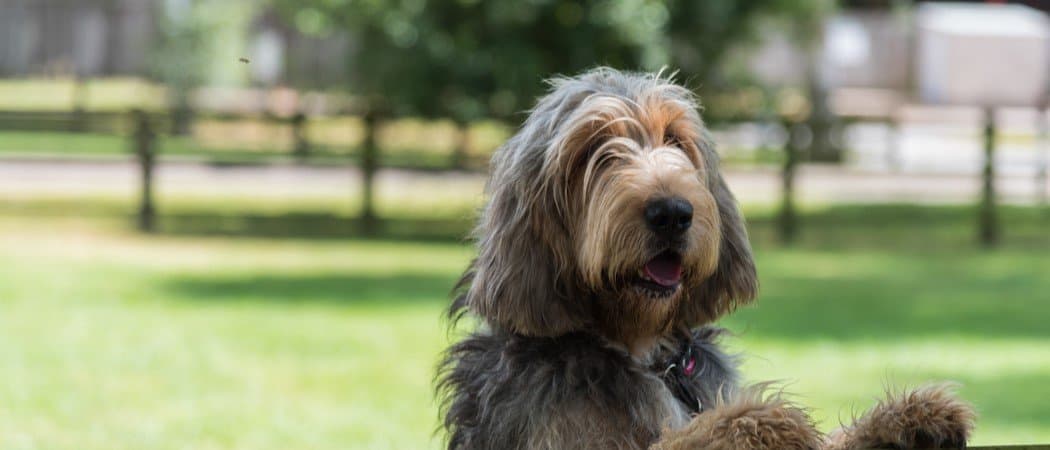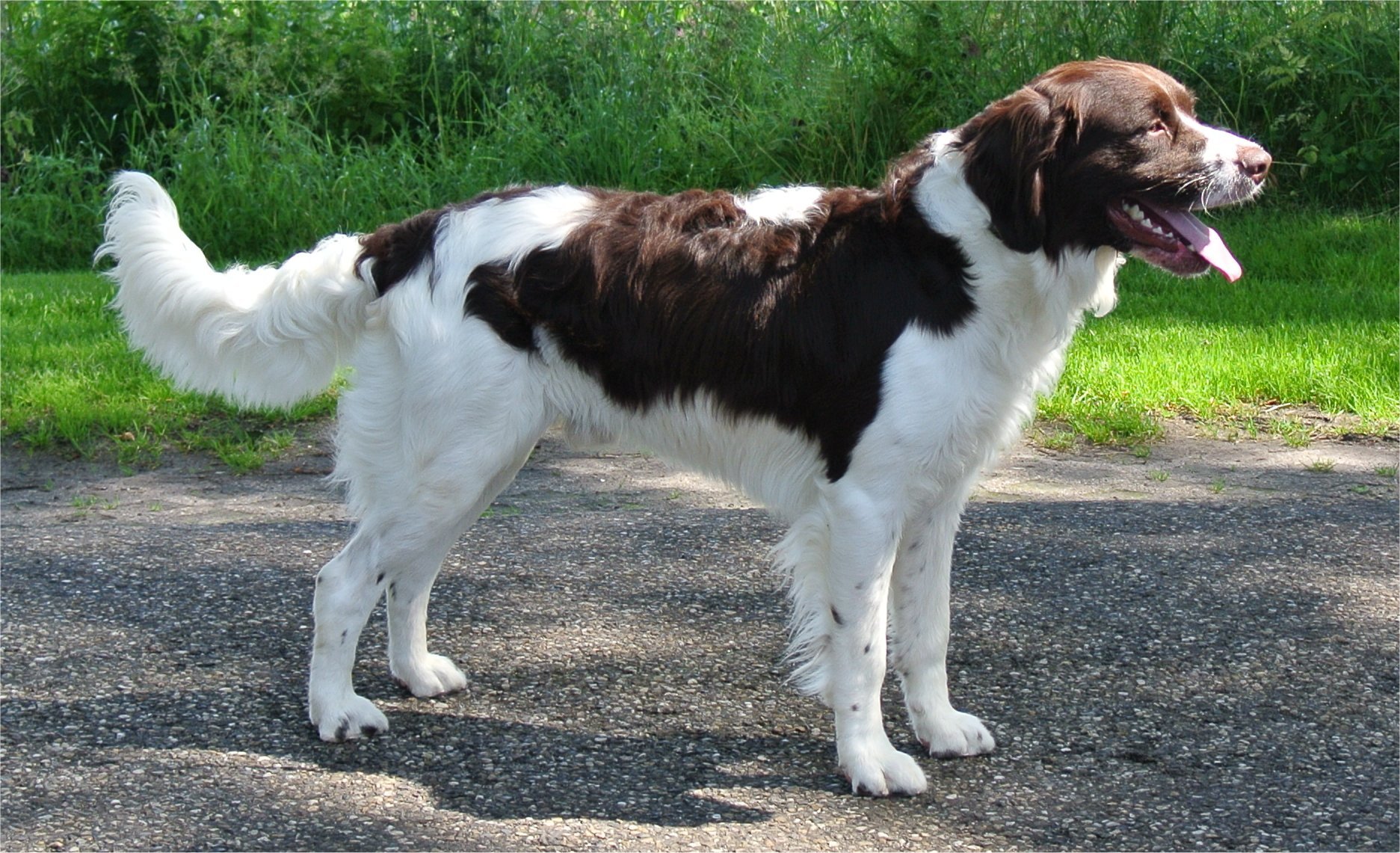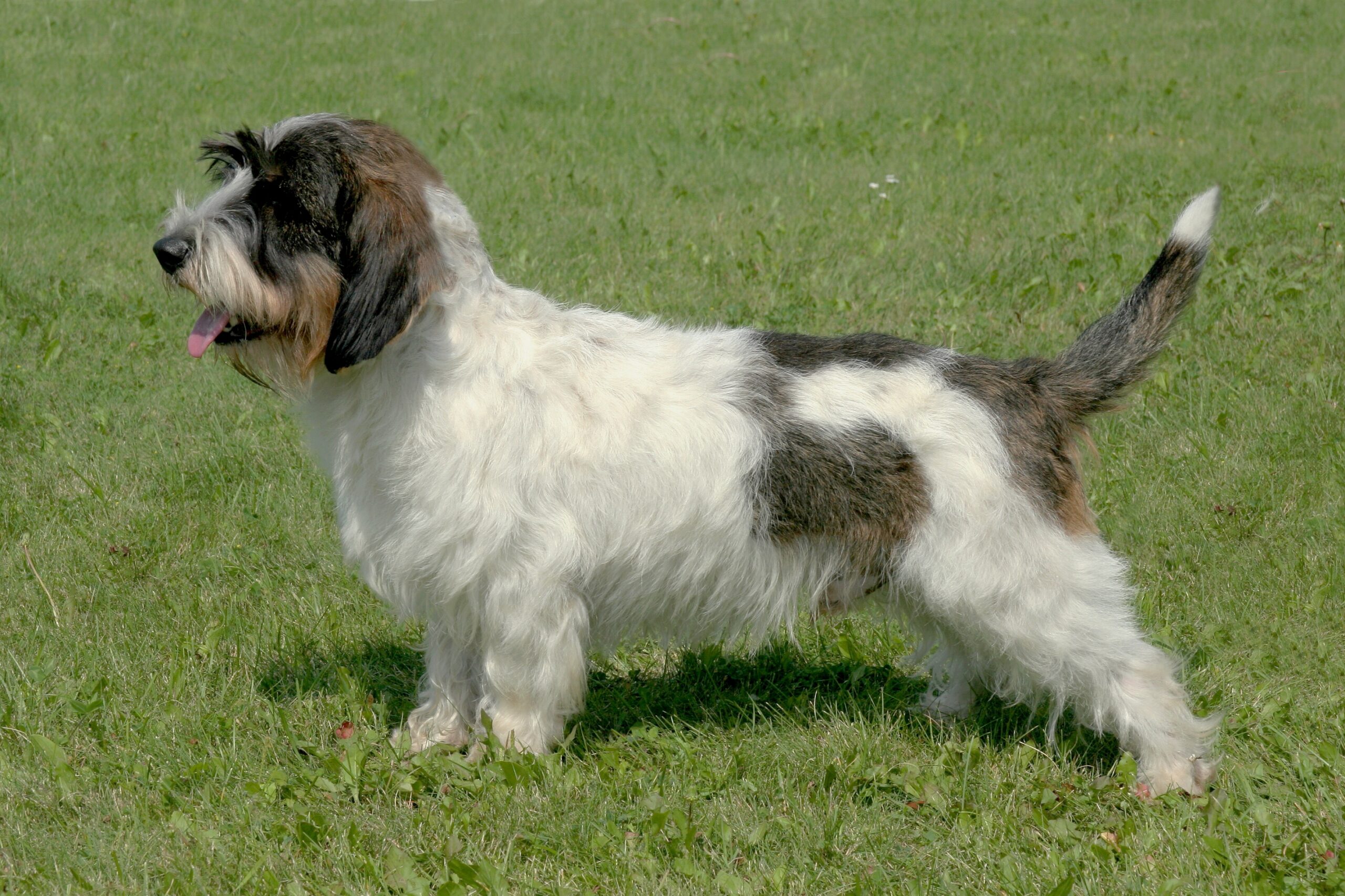Introduction
The Neapolitan Mastiff, or Mastino Napoletano, is a large and powerful breed that has been used for centuries as a guard dog and protector of families and properties. Originally from Italy, the Neapolitan Mastiff is instantly recognizable due to its massive size, loose and wrinkled skin, and imposing presence. They are loyal and protective of their family, but can be wary of strangers and other animals if not properly socialized.
Neapolitan Mastiff Temperament
This breed is known for its massive size, strength, and protective instincts. They are loyal and devoted to their families, and their imposing presence can often serve as an effective deterrent to intruders. Neapolitan Mastiffs are also known for their calm and steady demeanor, but they can be stubborn and independent at times. They require consistent and firm training, as well as early socialization with people and other animals. With proper training and socialization, Neapolitan Mastiffs can make loyal and affectionate companions for experienced dog owners who are able to provide them with the proper care and attention they need.
Aggression

The Neapolitan Mastiff may exhibit aggressive behavior towards perceived threats. Early socialization and ongoing training are important in preventing aggression. Owners should be aware of signs of aggression and seek professional help if needed to ensure a happy and well-behaved companion.
Health and Lifespan
The reported lifespan range of Neapolitan Mastiff is generally between 8 and 10 years, although some may live longer with proper care and attention. Neapolitan Mastiffs are prone to certain health issues, such as hip dysplasia and cherry eye, so regular veterinary check-ups and proper nutrition are important for maintaining their health and longevity.
Food for Neapolitan Mastiff
Due to their large size and unique nutritional needs, it’s important to choose a high-quality dog food that is specifically formulated for giant breeds like the Neapolitan Mastiff. Look for a food that contains a balanced blend of protein, fat, and carbohydrates, as well as essential vitamins and minerals to support their overall health and well-being. It’s also important to monitor their calorie intake to prevent obesity, which can be a common problem in thes dogs. Consult with your veterinarian for specific recommendations on the best food for your Neapolitan Mastiff based on their age, weight, and activity level.
Training for Neapolitan Mastiff
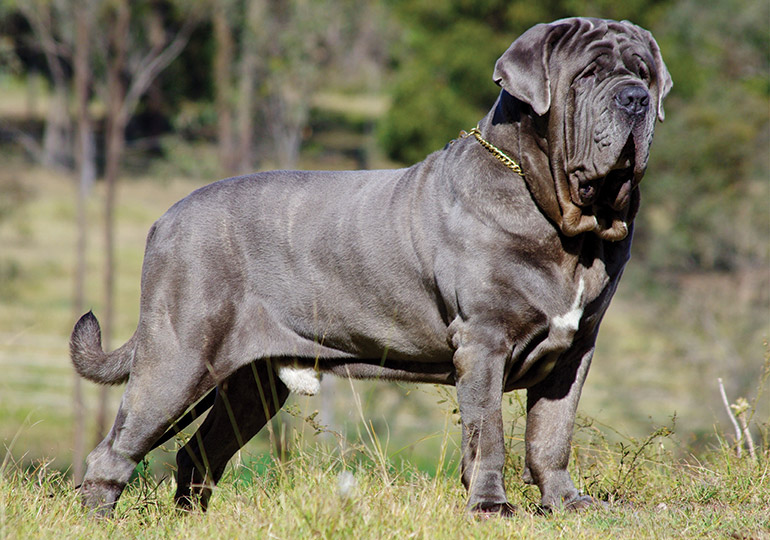
Training them requires patience, consistency, and firmness. Due to their size and protective nature, it is important to establish yourself as the pack leader and ensure they understand basic obedience commands. Positive reinforcement techniques such as using treats, praise, and playtime can be effective in training your dog. However, it’s important to avoid using harsh punishments or physical correction, as this can lead to fear and aggression. Early socialization with people and other animals is also important to ensure they are well-adjusted and well-behaved in different situations.
Conclusion
In conclusion, the Neapolitan Mastiff is a loyal and protective breed that requires proper socialization, training, and nutrition to thrive as a companion. While they may exhibit aggressive behavior towards perceived threats, early intervention and ongoing monitoring can prevent and address any issues. With the right care and attention, the Neapolitan Mastiff can make a wonderful and devoted addition to any family.
